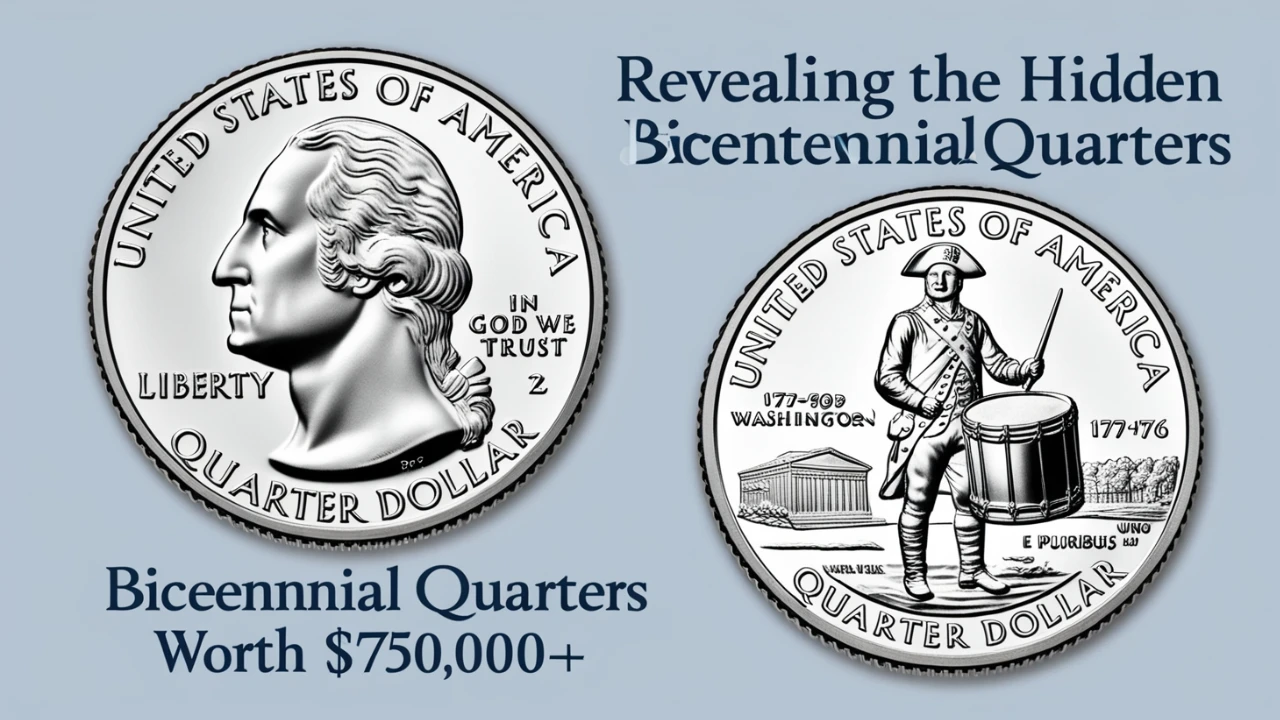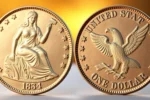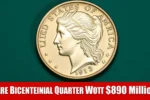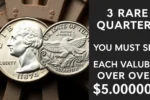The Bicentennial Quarter is a coin like no other, minted to commemorate the 200th anniversary of the United States. Introduced in 1976, this unique piece not only represents a pivotal moment in American history but also holds a special place in the hearts of coin collectors. What makes this quarter exceptional is its distinct design, historical value, and the possibility of extraordinary worth. In fact, some rare Bicentennial Quarters featuring minting errors have fetched over $750,000 at auctions, making them true treasures in the world of numismatics.
This article delves into the fascinating history, intricate design, and unique features of Bicentennial Quarters, exploring what contributes to their increasing value. Whether you’re a history enthusiast or a passionate coin collector, the story behind this coin is one you’ll want to uncover.
An Overview of Bicentennial Quarters
| Feature | Details |
|---|---|
| Minting Years | 1975–1976 |
| Obverse Design | George Washington |
| Reverse Design | Colonial drummer boy, victory torch, 13 stars (designed by Jack L. Ahr) |
| Unique Date Marking | “1776–1976” |
| Composition | Copper-nickel clad and 40% silver versions |
| Common Errors | Double die, off-center strikes, other anomalies |
| Value Range | $0.25 (face value) to over $750,000 for rare error coins or pristine specimens |
The Unique Design of the Bicentennial Quarter
The Bicentennial Quarter is renowned for its commemorative design. While the obverse side retained the familiar portrait of George Washington, symbolizing continuity, the reverse was transformed. Created by Jack L. Ahr, the reverse features a colonial drummer boy surrounded by 13 stars, representing the unity of the original colonies. The addition of a victory torch further embodies the patriotic spirit of the Revolutionary War.
Adding to its distinction, the coin bears the dual date “1776–1976,” emphasizing the link between the nation’s founding and its Bicentennial celebration. This quarter was part of a special series that included half-dollar and dollar coins, creating a cherished set for collectors.
Rare and Valuable: Minting Errors in Bicentennial Quarters
While millions of Bicentennial Quarters were produced, some emerged with rare minting errors that significantly increased their value. These errors include:
- Double Die Errors: Coins struck twice, resulting in overlapping text or designs. Such errors have sold for over $750,000.
- Off-Center Strikes: Coins with misaligned designs due to off-center stamping are exceptionally rare and highly sought after.
- Misprints and Anomalies: Coins with missing details, incomplete designs, or incorrect mint marks are prized collectibles.
The rarity and uniqueness of these errors make them treasures for collectors, with pristine examples fetching astronomical prices at auctions.
Why Uncirculated Coins Are More Valuable
The condition of a coin plays a critical role in determining its value. Bicentennial Quarters in uncirculated condition—those never used in transactions—are far more valuable than their circulated counterparts.
Collectors often seek coins graded by professional organizations such as the Professional Coin Grading Service (PCGS). Coins graded MS-65 or higher, indicating near-perfect condition, are especially desirable. Examples include:



